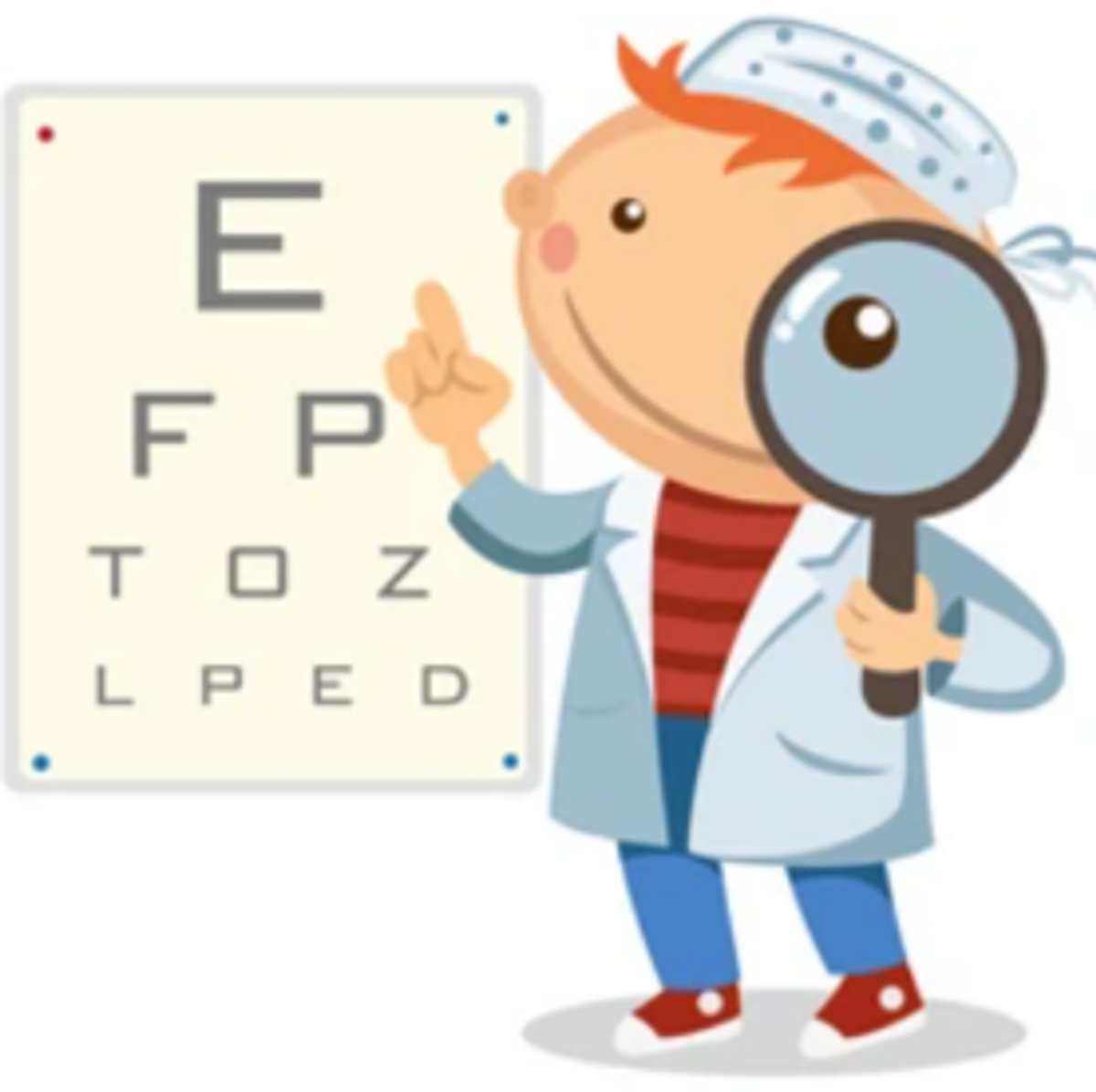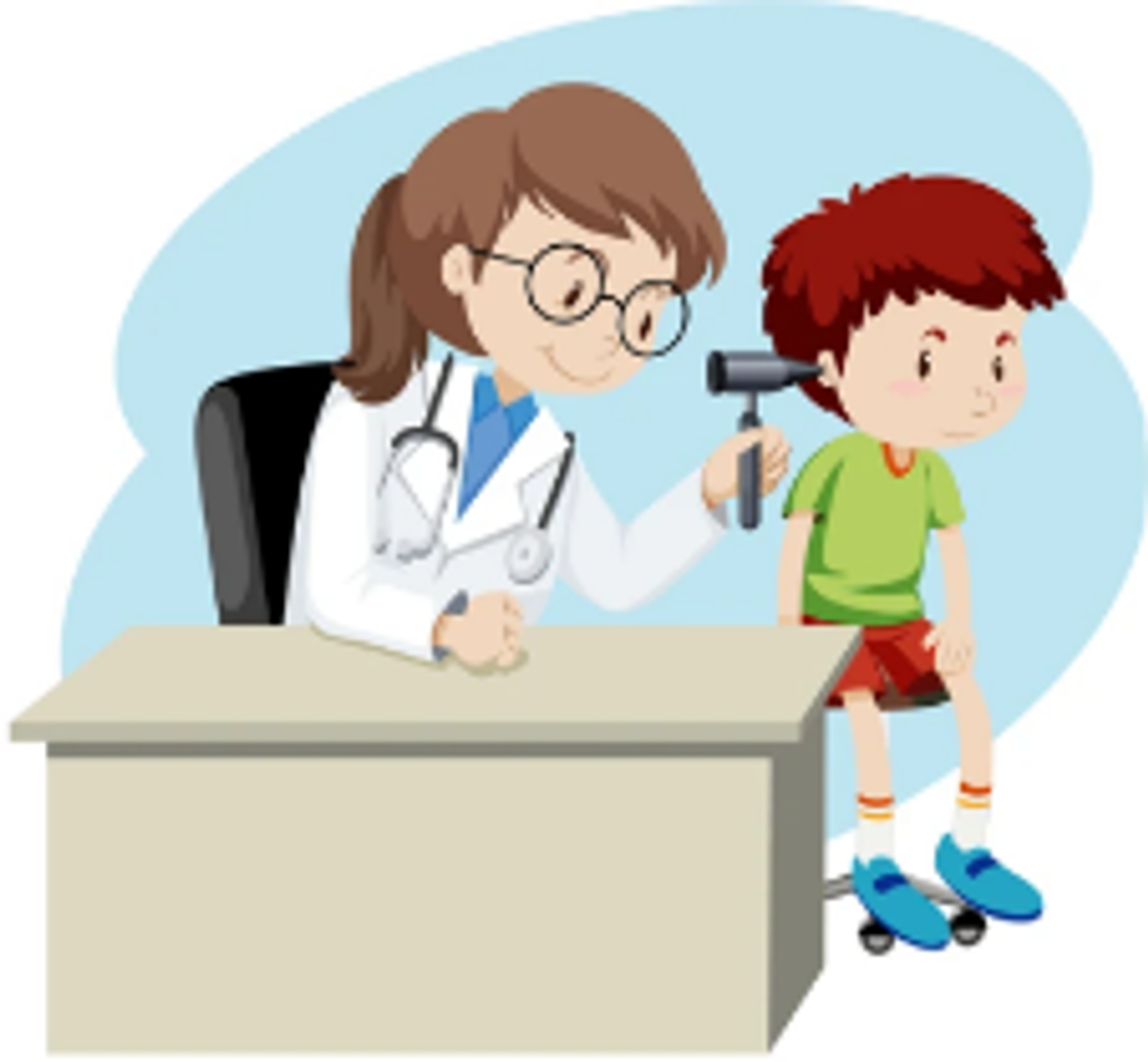Inclusion

The importance of eyes and ears
Primary School is your child’s first step into the big world of formal learning and one that sets them up for the rest of their life. To ensure children get the best start on their learning journey, there’s arguably nothing more vital than their eyesight. A vision screening takes just five minutes, but the benefits can last a lifetime.
Good vision is essential for a child’s learning and development. Their eyes are constantly in use in the classroom and at play, and if there is a problem it can potentially have long-lasting effects on a child’s social and educational development.
What conditions can vision screening detect?
- Myopia (short-sighted): If your child has myopia, far-away objects seem blurry. They might need to squint or partially close their eyes to see objects in the distance clearly.
- Hyperopia (long-sighted): If your child has hyperopia both their distance and near vision are blurred though they have more difficulty focusing on objects that are up close.
- Astigmatism: Astigmatism is an eye problem where the front surface of the eye isn’t curved properly, or the lens of the eye is an irregular shape causing blurred vision.
- Strabismus (squint/turned eye): Children with strabismus have eyes that seem to look in different directions. Strabismus can lead to problems with vision in the turned eye and a condition called ‘amblyopia’.
- Amblyopia (lazy eye): Amblyopia is decreased vision in one or both eyes due to abnormal development early in life. This is the most common cause of visual impairment in Australian children, affecting about two in every 100 children. In severe cases, amblyopia can even cause blindness if not treated early.
Common signs that your child might need an eye test:
- sore eyes
- tiredness and headaches
- difficulties with their education, behaviour and coordination
- trouble concentrating
- difficulties with activities that need close vision like reading
Hearing health is often overlooked. We rely on it every day, but it’s easy to take it for granted - until something’s off. Whether it’s a child’s speech development, academic growth/development or simply enjoying a conversation, hearing affects more than you might think. So, how do we keep it in check?
The answer: regular hearing health checks.
The Key Benefits of Audiology Screenings are as follows:
Early Detection and Child Development
Kids need clear hearing to develop speech, learning, and social skills. A hearing test now can make sure they’re growing and communicating like they should.
Better Communication
Let’s be real - struggling to hear can be frustrating. Clear hearing equals better conversations and stronger relationships, whether your child is in the classroom learning or hanging out with friends.
Overall Ear Health
Hearing health checks aren’t just about hearing loss. They also check for ear infections, wax build-up, and balance issues. Keeping your child’s ears healthy means keeping them feeling good.
Remember: Eyes and ears are always the first (and easiest) things to tick of your list to help set your child up for success in their education.
Regards,
Ryan Baltetsch
Inclusive Practices Learning Specialist



